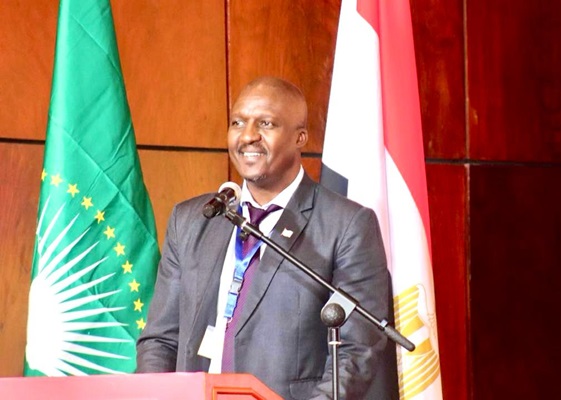
Following yesterday’s global observance of Earth Day themed “Our Power, Our Planet,” the Southern African Science Service Centre for Climate Change and Adaptive Land Management (SASSCAL) is underscoring the crucial role of innovation in protecting vulnerable ecosystems.
In its Earth Day reflections, SASSCAL placed wetlands at the forefront of its environmental focus – highlighting their vital function in climate resilience and biodiversity.
In a statement released Tuesday, interim executive director of SASSCAL, Dr. Budzanani Tacheba, stressed that wetlands serve as natural buffers, supporting biodiversity, regulating water systems and mitigating the impacts of climate change. Yet these ecosystems, he warned, face increasing threats from human activity, land degradation and the escalating effects of global warming.
To confront these challenges, SASSCAL is spearheading the Wetlands Monitoring and Assessment (WeMAST) project – a regional initiative leveraging cutting-edge remote sensing and geospatial technologies to map and monitor wetlands throughout southern Africa. Funded by the African Union and European Union under the GMES and Africa programme, WeMAST is helping shift wetland management from reactive to proactive.
Central to the initiative is the WeMAST geoportal, which offers real-time, accessible data across four major river basins in the region: Limpopo, Okavango, Orange and Zambezi. “WeMAST showcases the transformative potential of science and technology in environmental stewardship,” said Tacheba. “By integrating satellite imagery, ground-based observations, and analytics, we are empowering decision-makers with reliable and actionable insights.”
Spanning several countries within the Southern African Development Community (SADC), the project strengthens early warning systems, informs sustainable land and water use planning and supports policy implementation at national and regional levels. It also plays a key role in building local capacity, fostering collaboration and promoting community-based conservation efforts.
Tacheba noted that this year’s Earth Day theme captures the essence of WeMAST’s mission. “Our power lies in knowledge, in partnership and in innovation,” he said.
As SASSCAL advances its commitment to science-driven environmental management, it is calling for deeper collaboration among governments, researchers and civil society.
“Earth Day is more than a celebration – it is a call to action,” Tacheba concluded. “Let us transform our collective power into lasting impact – for our wetlands, our people and our planet.”

